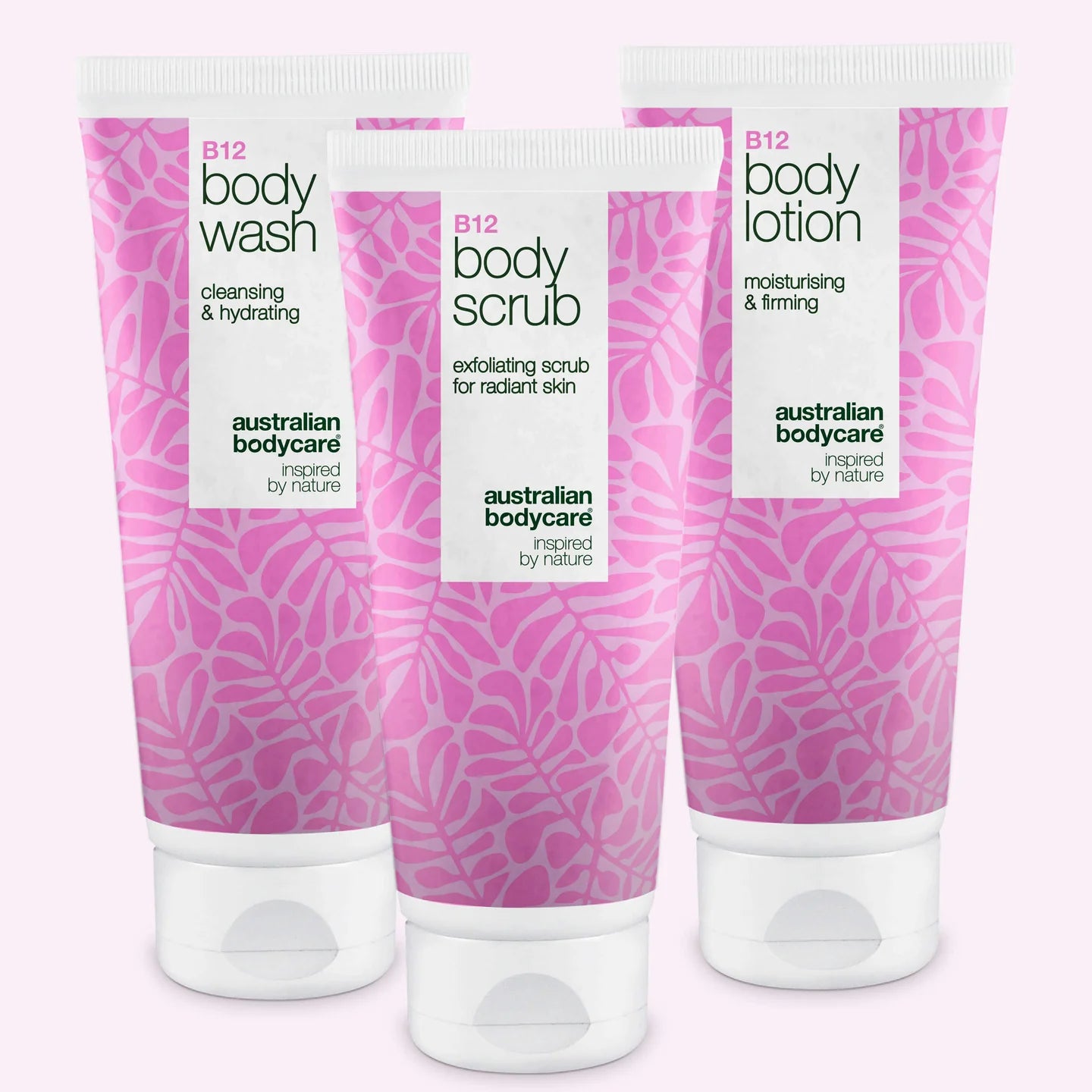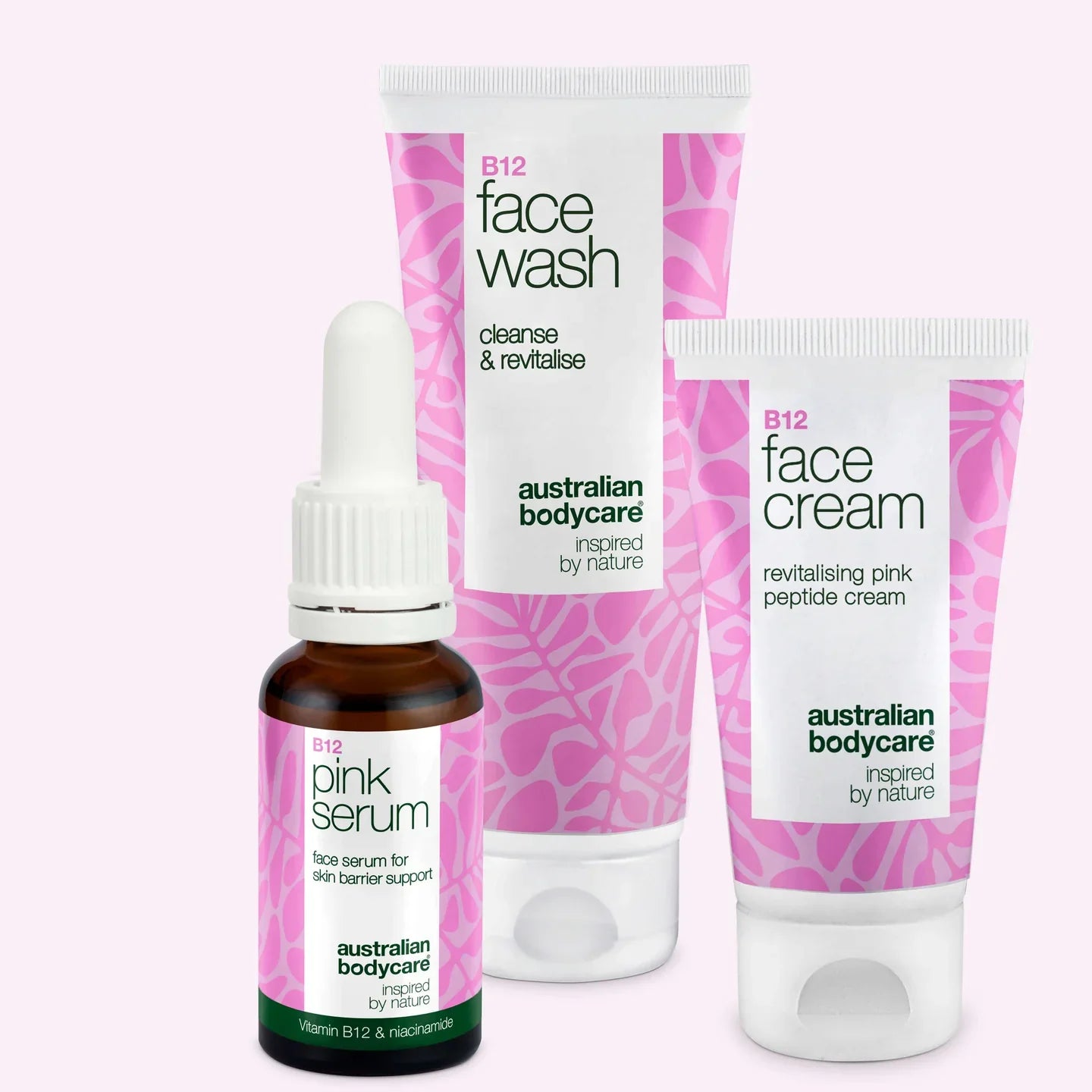Sore scalp – How to Get Rid of sore itchy scalp
Scalp sores can be caused by many different factors, including itching and scratching. Therefore, treatments for scalp sores primarily focus on treating the wound, but you should also work out the cause so you can prevent new sores in the future.
Read more about symptoms, causes, treatments and methods of prevention here.
Table of contents
Scalp Sores – What Are They?
Scalp sores are a condition that many people are affected by, either for short or long periods of time. Often the cause is a very itchy scalp that people can’t help but scratch, but there are also other causes.
Everyone can get itches in their scalp – from adults to children and even very young babies. Regardless of age, you shouldn’t ignore the sores and just wait for them to disappear, as this may result in infections and inflammation.
What Are the Symptoms of Scalp Sores?
Scalp sores can be anything from a tiny scratch or white scabs, to large open wounds or even wounds leaking fluids.
A small sore seldom hurts and you may not even notice it’s there. But before the sore developed, the previous symptom was likely to have been itching, which you would definitely notice.
Big sores, however, may be open and leaking fluid which you will probably notice as these sores tend to be quite painful.
Open and Leaking Sores in The Scalp
If you have leaking wounds or open sores in the scalp, additional symptoms may include intense itches, swelling, discomfort and possibly fever. Open sores and leaking wounds often look quite graphic, even though your hair may be covering parts of them.
If you have sores in the scalp (or elsewhere on your body) and you experience sudden symptoms such as sickness, fever, redness, swelling and pain, seek medical attention immediately as these signs may indicate blood poisoning.
In any case, it is important to treat the sore so that it doesn’t develop further.
The products from Australian Bodycare can be purchased at the pharmacy, in high-street drug stores, health stores and on the internet.
What Are the Causes of Scalp Sores?
Scalp sores can be triggered by completely ordinary, everyday actions. For example, you may have sores simply because you’ve hit your head and created a wound or have had a mosquito bite that you’ve scratched open in the scalp.
Although the causes may be simple, you still need to keep an eye on the scalp to ensure there’s no inflammation or infection in the wound.
In the vast majority of cases, the cause of scalp sores is quite harmless. As sores are often caused by itching, it’s important that you then find the cause of the itching. However, if you have a scalp sores that don’t itch at all, you should have them checked by your doctor.
In rare cases, these scalp sores may be caused by skin cancer.
Scalp Sores Can Be Caused by Itching
The most common cause of scalp sores is itching and scratching. We’ve all experienced it: the skin is irritated, we scratch it again and again, and eventually we scratch the skin until a wound has developed.
Itching can be triggered by many different things. It may be caused by lice or skin disorders such as seborrheic dermatitis (when babies have this it’s called Cradle Cap), psoriasis, fungal infections, dandruff or simply dry scalp. Stress can also cause itching.
Itching can also be triggered by sun rash, which is caused by hypersensitivity to the sun. In many cases, itchy scalps can be triggered by contact dermatitis. This is an eczema that appears when you have been in contact with a substance that you cannot tolerate, which irritates the skin or triggers an allergic reaction.
For example, it may be chemicals in shampoo, hair dye, perfume or cosmetics.
Scalp Sores Due to Hair Extensions, Dyes or Bleaching
Chemicals in general are irritating to the skin, but the chemicals that are in hair dye and bleach products can trigger a severe reaction in the scalp. Dermatologists have reported cases of severe chemical burns with large, open and leaking wounds in the scalp following the use of various hair dye and bleach products.
In most cases, the sores aren’t too bad, but as these products contain some very harsh chemicals, not everyone can tolerate them.
Extensions can also cause scalp sores. This is because extensions can be tied too tightly, making it difficult to wash your hair and remove the oils and dirt that builds up on the scalp.
Sore scalp treatment – How Can You Treat Scratches and Scalp Sores?
When treating scratches and scalp sores, you should focus on avoiding infection and inflammation in the scalp. You can use a skin-friendly and antibacterial agent to cleanse the sores.
Furthermore, you should also treat the cause of the sores. If the sores are caused by psoriasis, for example, it’s important that you are treated for psoriasis. If you have scalp sores because of a fungal infection, you can use a fungicidal shampoo.
If it’s just your normal shampoo that causes your scalp to itch, it will help to switch to a mild shampoo formulated for itchy scalps.
Many people enjoy using shampoo and hair oils with natural ingredients such as tea tree oil or aloe vera, both of which work well to soothe itching scalps.
In the case of large, open and leaking wounds in the scalp, seek medical advice from your doctor as such sores may require further treatment.
Video: 3 effective steps to combat scalp problems
How to Prevent Scalp Sores
If you have scalp sores, it is important to treat the wound as soon as possible. But it’s also just as important to treat the cause of the wound. For example, if your scalp sores are caused by itching, it is important to treat the cause of itching – otherwise you will quickly develop new sores.
Generally, you can prevent itching and scabs in the scalp by using mild and skin-friendly products. It is especially important if you know that you have sensitive skin, or already have allergies or eczema elsewhere on the body.
Chemicals can be harsh on your skin. If you experience skin irritation or itching after hair dyeing or bleaching, you may want to consider living with your natural hair colour instead. You may also be able to find alternative hair dye products with natural ingredients rather than harsh chemicals.







